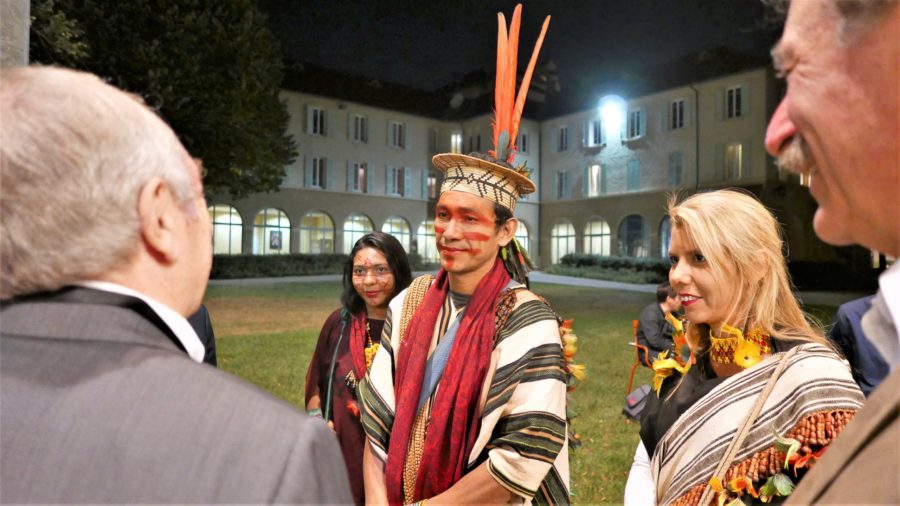ISTO's 5 commitments.
ISTO focuses on 5 main areas: accessibility, the environment, solidarity, fair business practices and quality of life. These commitments are in line with the Sustainable Development Goals (SDGs) set by the United Nations in their 2030 Agenda.
Accessibility.
Everyone has the right to rest and leisure. Social, cultural, physical, psychological and financial obstacles must be addressed in order to ensure access to tourism for the greatest number of people.

Article 24 of the Universal Declaration of Human Rights gives “everyone the right to rest and leisure, including reasonable limitation of working hours and periodic holidays with pay”.
Tourism must be accessible in every sense of the word and social policy must guide, prescribe or establish these measures.
The support of public authorities and the active participation of social organisations and social tourism operators are very important.
The environment.
Growth has limits and the development of tourism must consider the entire life cycle of resources for the protection of the environment.

Tourism plays a key social, cultural and economic role for regions and local communities. At the same time, however, it is vital to address the needs of current and future generations in an equitable manner.
Social tourism stakeholders are involved in the fight against global climate change and the depletion of natural resources.
Practices such as the responsible use of energy and water, the choice of sustainable local products, waste management, responsible means of transport, etc. are critical. The sector must also contribute to raising customer awareness of environmental issues.
Solidarity.
Tourism has a role to play in fostering tolerance and peace in the world. It is therefore essential to reconcile tourism development with respect for local communities and cultures while promoting exchanges.

Social tourism operators and public authorities play a crucial role in raising awareness of respectful tourism amongst visitors, employees and host communities.
Tourism should also support co-operation programmes and activities in developing countries. Firstly, through the exchange of experiences and best practices between similar organisations/companies in developed and less developed countries/regions.
Secondly, through the development of volunteer tourism through which travellers can discover new cultures and regions while helping local communities (building schools/houses/libraries, assisting in agricultural tasks, teaching, etc.). It is most important that the needs are clearly defined and that travel is not a disguised way for operators to make money.
Fair business.
Tourism plays a significant role in the global and local economy. Social tourism stakeholders work in this environment and must therefore act in a competent and professional manner, with respect for employees, local operators and the local community.

Social tourism operators are committed not only to respecting the rights of their employees and providing them with development opportunities, but also to respecting the principles of tax justice towards communities at large. These aspects also concern volunteers, who should work under decent conditions and under a clear and precise contract.
Overall, social tourism promotes the economic development of disadvantaged regions, generates employment opportunities for skilled and unskilled labour and contributes to the reduction of inequalities. It also redirects tourists to lesser-known areas, thus contributing to curb overtourism.
Quality of life.
The holiday experience brings many benefits and opportunities that are rewarding and fulfilling. This is particularly true for school groups, young people, families, people with disabilities and the elderly who are important target segments for social tourism operators.

Social tourism stakeholders, in their mission to create non-economic value, pay particular attention to the benefits of holidays on guests in cultural, social, psychological, educational and physical terms.
In a collective sense, social tourism plays an important role in strengthening the social fabric: the construction of a social identity, beneficial for family life and for the development of communities.